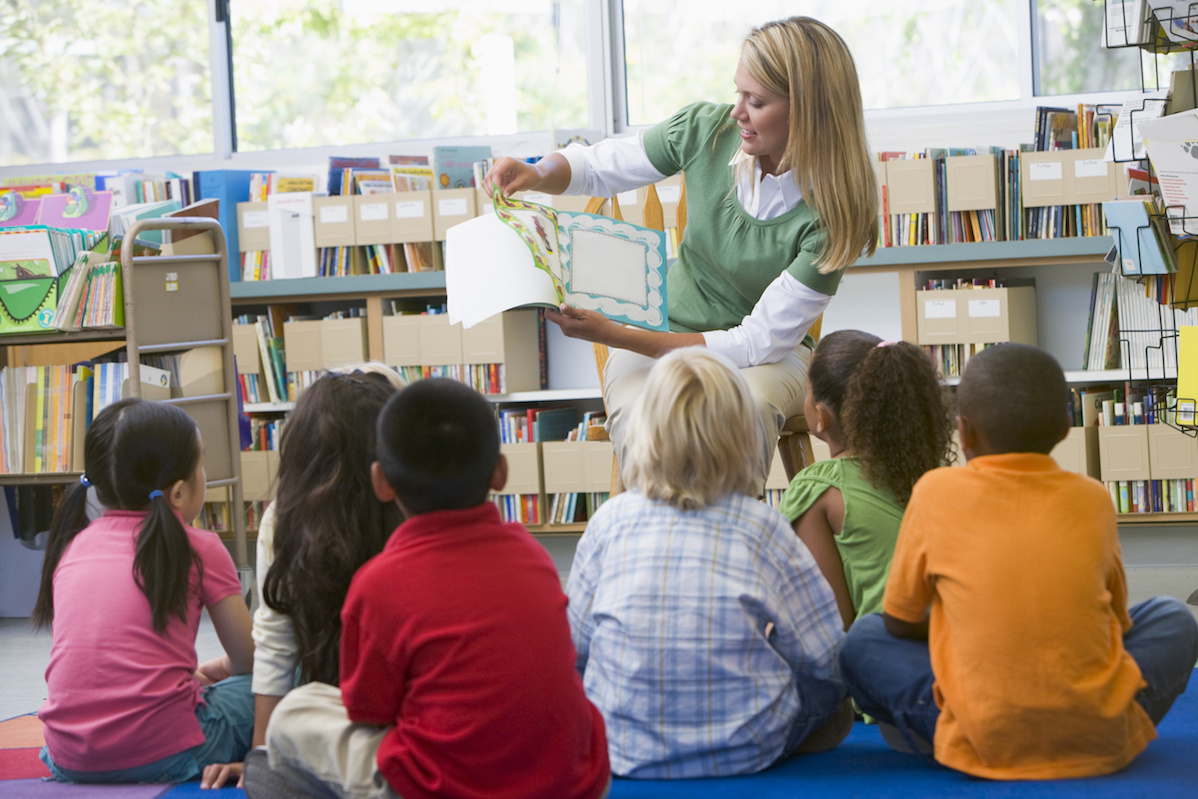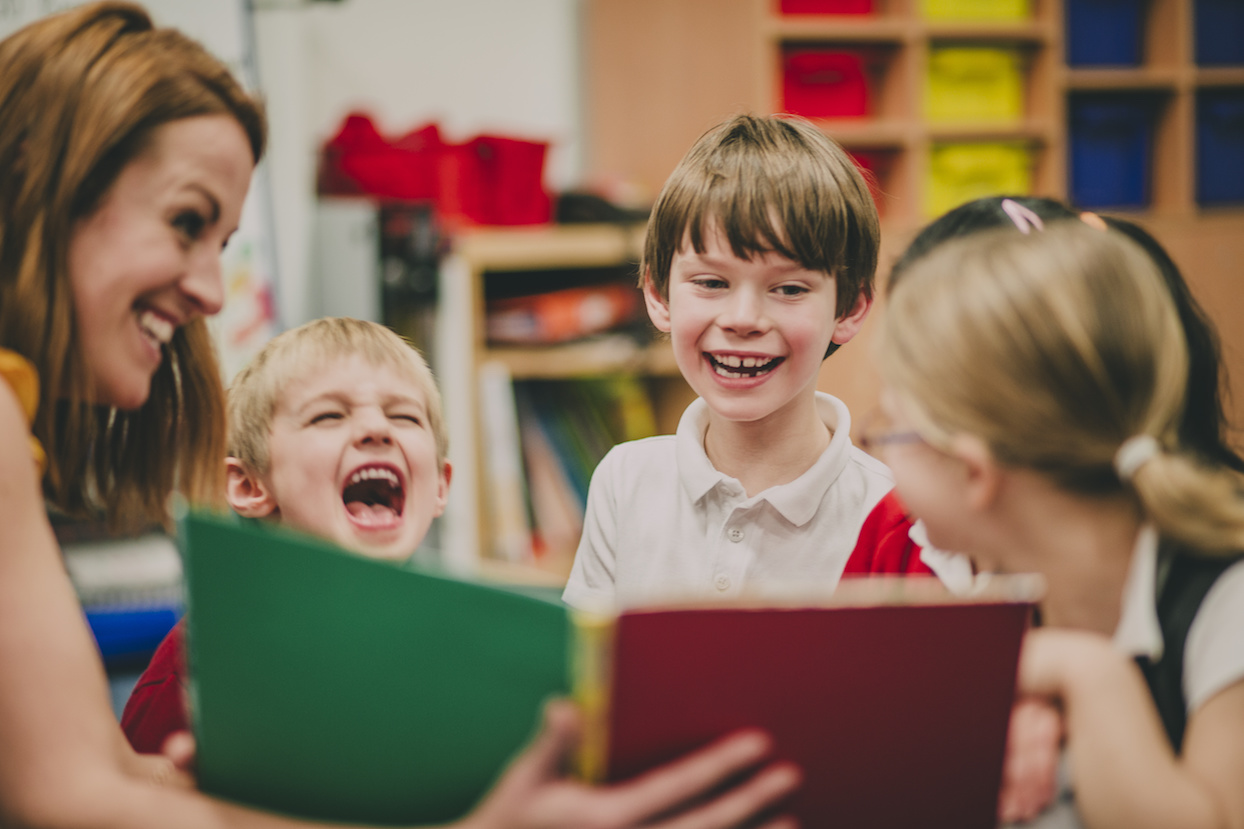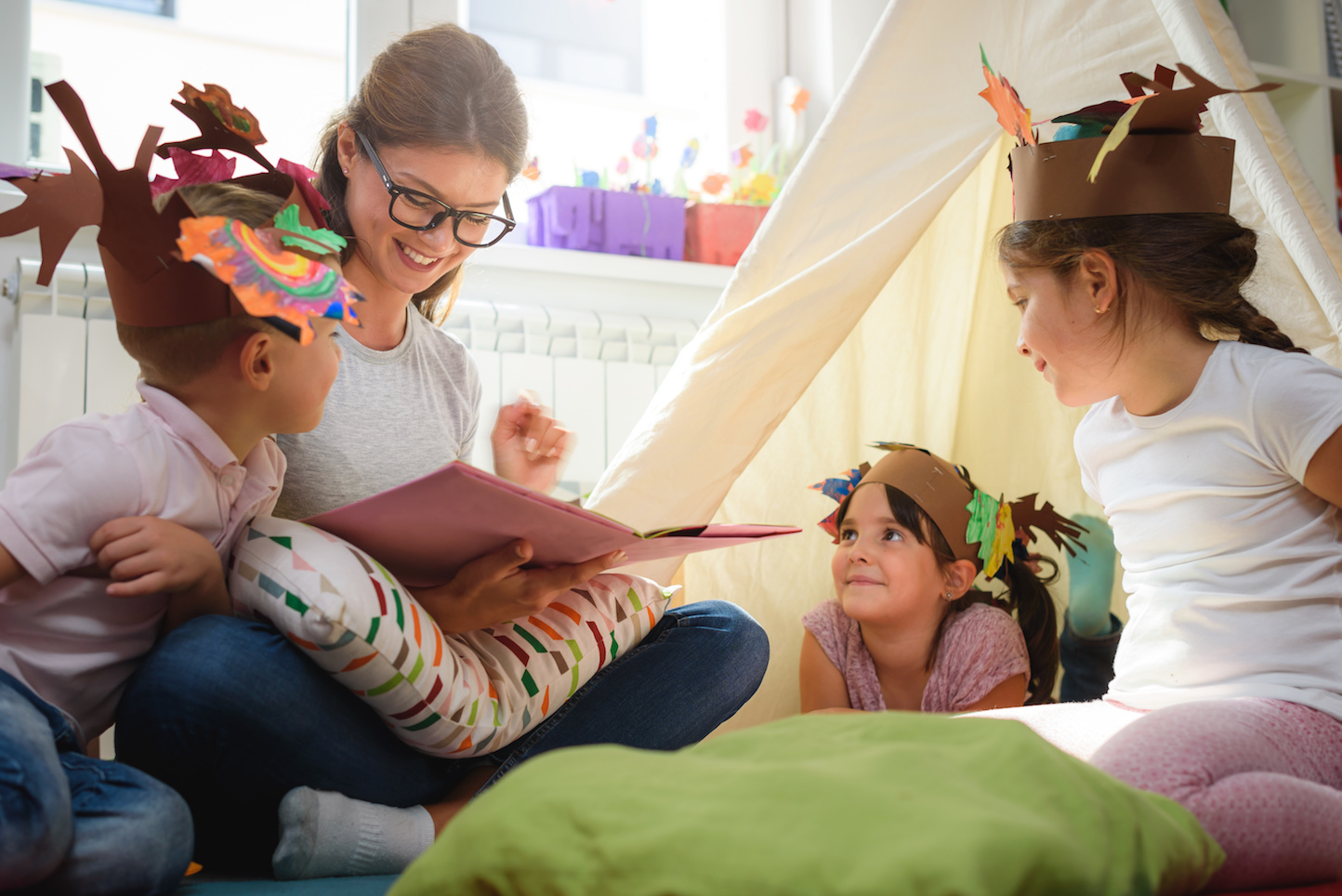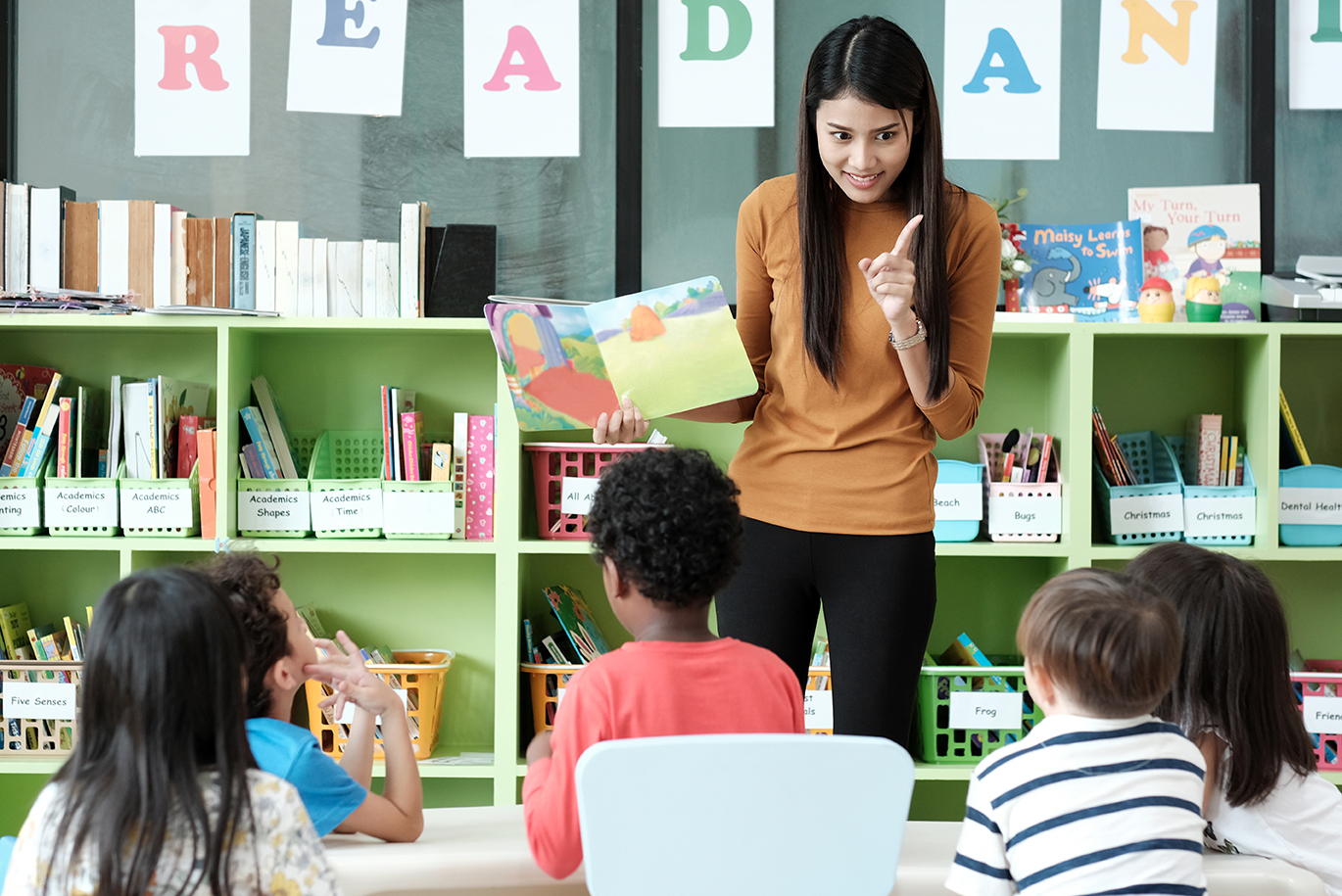
There’s a captivating power of a beautiful picture book. Children gaze at the pictures while listening to the story, absorbing the deeper layers of information they convey. Pictures can communicate so much more than words alone and most children learn to read visual images long before they learn to read the printed word. Picture books are also universal. They let…







